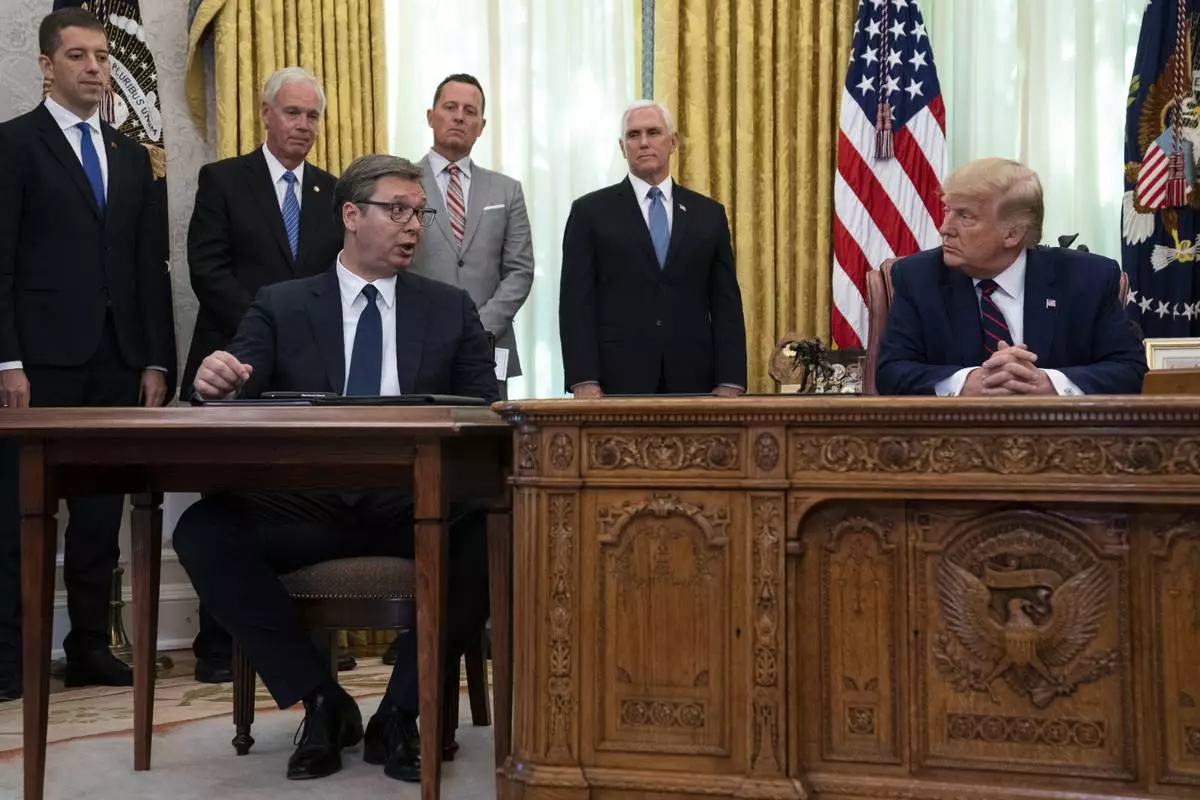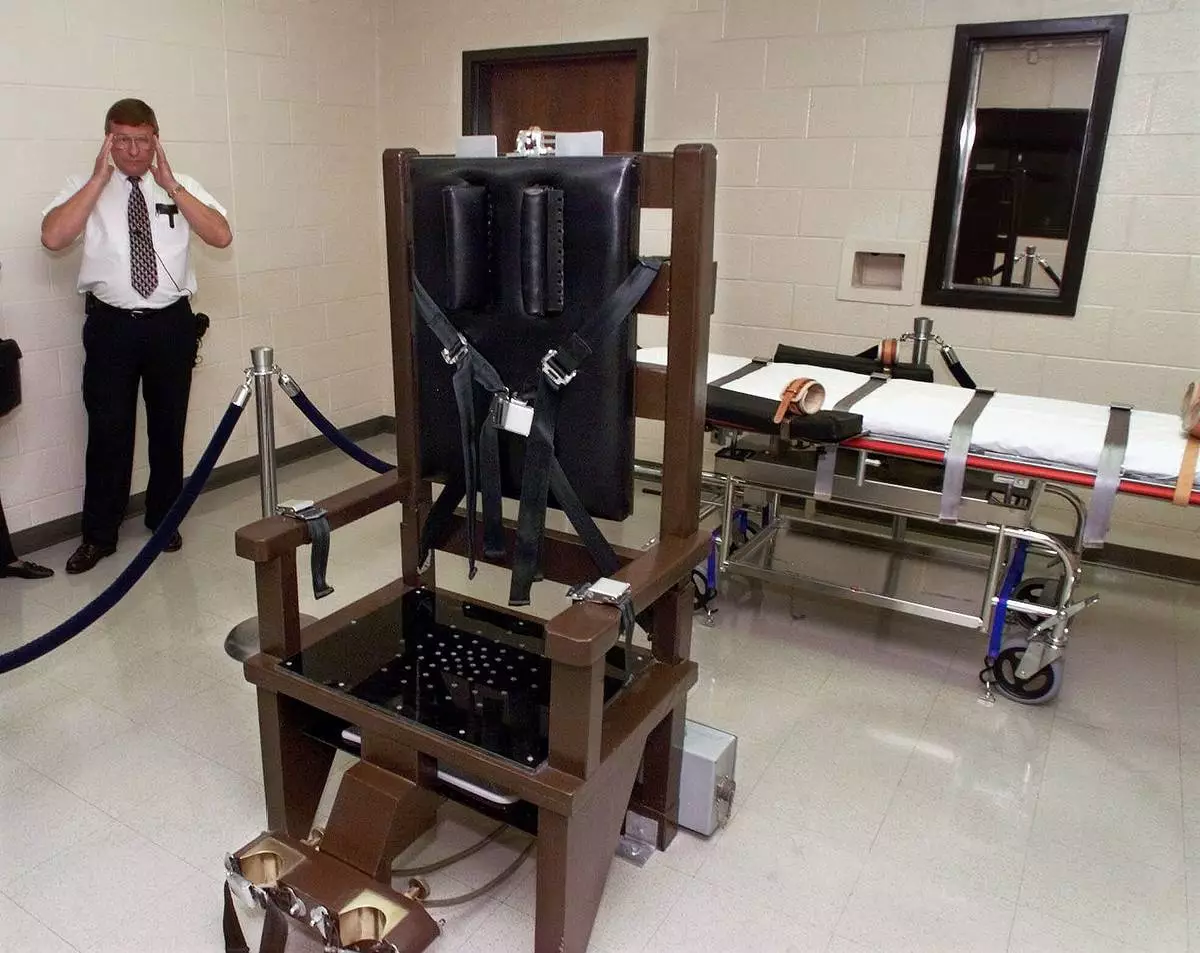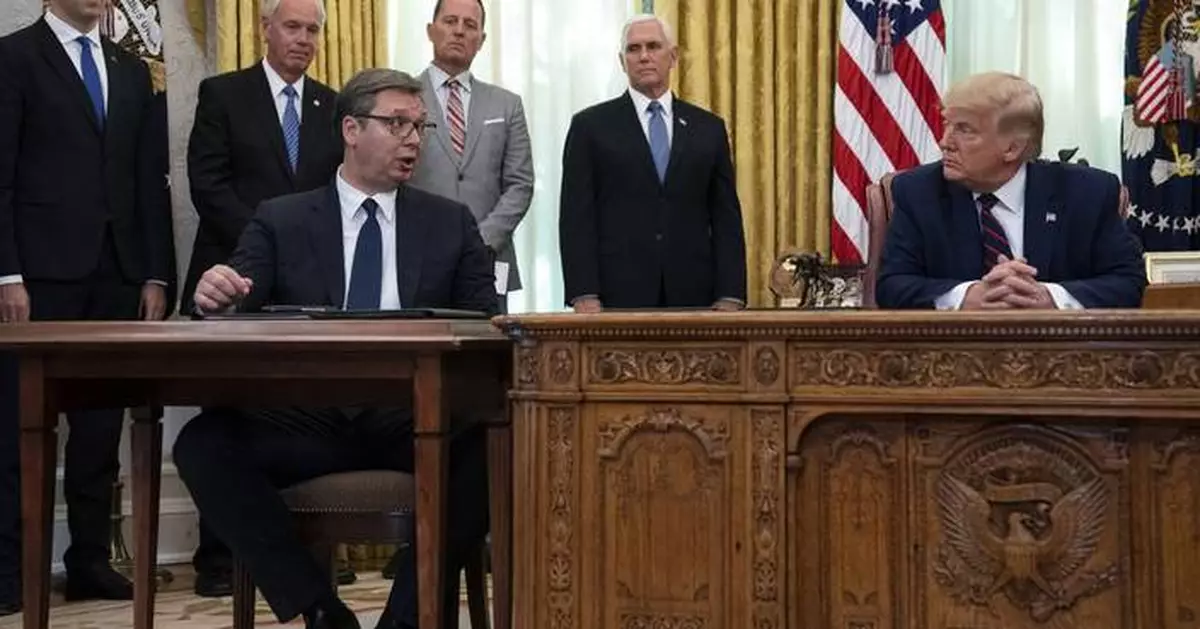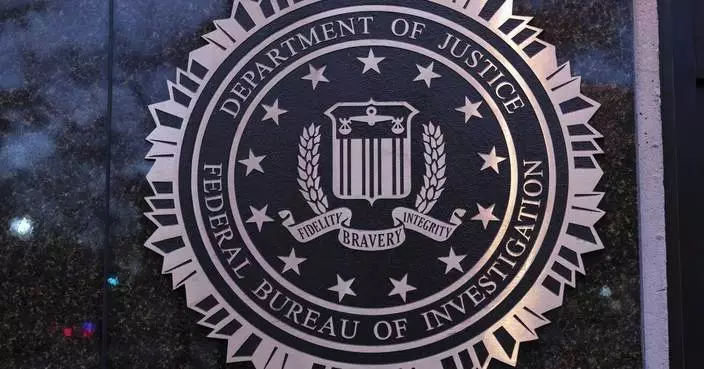BELGRADE, Serbia (AP) — Serbia’s President Aleksandar Vucic said he spoke with Donald Trump late Sunday, inviting him to visit the Balkan country while pointing out that in Serbia the U.S. president-elect had the highest level of support of all European states during the election campaign.
The populist Serbian leader said the phone call was “very cordial” and added that Trump “knew many things about Serbia.” He expressed hope the ties between Serbia and the United States will “further improve in all areas” during the next Trump administration.
Vucic said on Instagram he "expressed hope that he (Trump) would visit Serbia, because Serbia is a country where support for the election of President Trump was the largest in all of Europe.”
Vucic and other Serbian leaders had openly supported Trump during the campaign, hoping his Balkan policies would shift from the previous U.S. administration’s efforts to keep in check the expansionist goals of Serbian nationalists against neighboring states.
Although formally seeking European Union membership, Serbia has refused to introduce international sanctions against its traditional Slavic ally Russia over its invasion of Ukraine. Serbia has avoided major criticism in the West by reportedly supplying Ukraine with weapons that are exported through third countries.
Vucic said Trump thanked him for the support he received from the Serbian people and expressed his belief that he will be able to discuss further improvement of relations between the two countries in all fields with Trump in the coming period.
Serbia had maintained close relation with Trump’s associates even during Joe Biden’s administration.
Earlier this year, the Serbian government approved a multi-million-dollar contract with Trump’s son-in-law Jared Kushner on plans to build a luxury hotel on the site of the former defense ministry in Belgrade. The downtown building was bombed during a NATO-led military intervention to stop a bloody Serb crackdown against Kosovo Albanian separatists in 1999.
The project, which has caused a lot of controversy in Serbia, was reportedly proposed to Kushner by a former Trump aide and Balkan envoy, Richard Grenell, who is said to be destined for high office in the new Trump administration.
Vucic decorated Grenell with a high medal of honor in 2023 for “distinguished merit in developing and strengthening peaceful cooperation and friendly relations between Serbia and the U.S..”

FILE - President Donald Trump listens to Serbian President Aleksandar Vucic speak during a signing ceremony with Kosovar Prime Minister Avdullah Hoti, in the Oval Office of the White House, Friday, Sept. 4, 2020, in Washington. (AP Photo/Evan Vucci, File)
NASHVILLE, Tenn. (AP) — Just days after Tennessee announced it had a new manual for executing death row inmates, the state's top prison officials said they aren't going to release the document to the public.
The Tennessee Department of Correction last week told The Associated Press to file a public records request to obtain a copy of the latest execution manual, known as a protocol. However, the agency this week denied the AP's request, saying it needs to keep the entire document secret to protect the identities of the executioner and other people involved.
The decision to maintain secrecy differs from how the state has handled similar requests in the past, but mirrors efforts across the U.S. to suppress public access surrounding executions, especially after anti-death penalty activists used records to expose problems.
Here's what to know:
The protocol is typically a detailed set of procedures describing how the state executes death row inmates. Tennessee had been operating under a 2018 protocol that included directions on selecting execution team staff and the training they should undergo. It explained how lethal injection drugs should be procured, stored and administered. It gave instructions on the inmate's housing, diet and visitation in the days leading up to execution. It provided directions on how to choose media witnesses.
For lethal injection, the 2018 protocol required a series of three drugs administered in sequence.
The new version unveiled last week requires only a single dose of pentobarbital. But that is all that is known about the revised protocol.
In an email sent Monday, Tennessee correction spokesperson Kayla Hackney told the AP the “protocol is not a public record" and cited a Tennessee statute that makes the identities of the people carrying out executions confidential.
However, that same statute says the existence of confidential information in a record is not a reason to deny access to it, noting that the confidential information should be redacted.
In 2018, Tennessee's correction agency provided a redacted copy of the protocol to an AP reporter over email.
In 2007, a previous version of the protocol was treated as a public record and provided to the AP after former Gov. Phil Bredesen, a Democrat, announced a surprise halt to executions. A reporter's review of that 100-page “Manual of Execution” found a jumble of conflicting instructions that mixed new lethal-injection instructions with those for electrocution.
Executions have been on hold in Tennessee since 2022, when the state admitted it had not been following the 2018 protocol. Among other things, the Correction Department was not consistently testing the execution drugs for potency and purity.
An independent review of the state’s lethal injection practice later found that none of the drugs prepared for the seven inmates executed since 2018 had been fully tested. Later, the state Attorney General’s Office conceded in court that two of the people most responsible for overseeing Tennessee’s lethal injection drugs “incorrectly testified” under oath that officials were testing the chemicals as required.
Executions in the U.S. have remained at historic lows for years, but the small group of states still carrying out the death penalty have only increased the secrecy surrounding the procedures, particularly over how and where the state secures the drugs used for lethal injections.
Many states argue that secrecy is critical to protect the safety of those involved in the execution process. Yet in a 2018 report, the Washington-D.C.-based nonprofit Death Penalty Information Center found that this argument often led to these states refusing to provide information about the qualifications of their execution teams and some courts have criticized such arguments for lack of evidence that more public disclosure would result in threats against prison officials.
Kelley Henry, chief of the federal public defender’s habeas unit that represents many of Tennessee’s death row inmates, described the state's refusal to release the new protocol, given that background, as “mystifying."
“The secrecy, which cloaked the former execution protocol, created a culture of incompetence and lack of accountability,” she said in an email.

FILE - Ricky Bell, warden at Riverbend Maximum Security Institution, gives a tour of the prison's execution chamber in Nashville, Tenn., Oct. 13, 1999. (AP Photo/Mark Humphrey, File)











